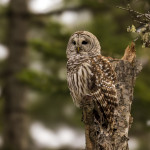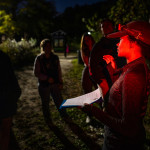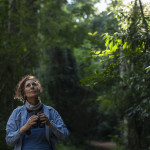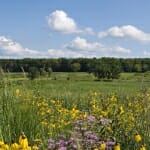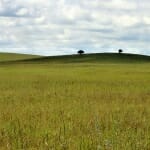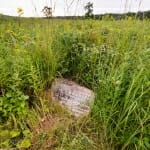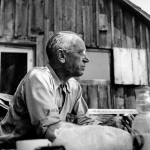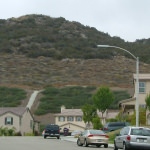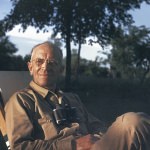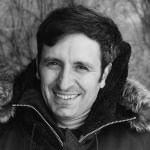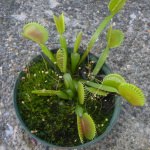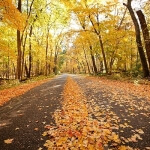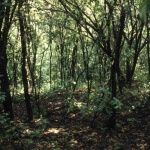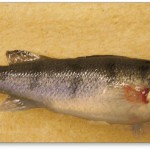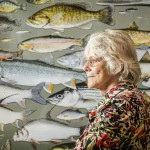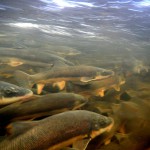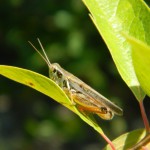Tag Conservation
Grassland conservation crucial to success of bioenergy
Protecting these natural lands right here in the U.S. offers an opportunity to make meaningful strides toward climate change mitigation while also improving wildlife habitat, water quality, and the delivery of many other ecosystem services.
UW Arboretum added to National Register of Historic Places
The Arboretum is recognized because of its restored habitats, landscape architecture, education and research, architectural elements, and its hosting of a Civilian Conservation Corps camp in the 1930s.
Madison Reads Leopold returns to UW Arboretum March 1–3
Public figures and community readers will give voice to Aldo Leopold’s keen observations and eloquent philosophy as written in "A Sand County Almanac" and other works of the noted conservationist, a former UW–Madison faculty member.
Aldo Leopold’s words once again broadcast to the state
In celebration of Earth Day, one of his successors will read portions of conservationist and former UW professor Aldo Leopold’s radio addresses that originally aired more than 80 years ago.
Hugh Iltis, UW’s ‘battling botanist,’ dies at 91
Passionate, articulate and informed, Iltis was opinionated, sometimes argumentative, but always a fearless defender of the natural world he revered.
Arboretum review seeks to strengthen iconic research program
The Arboretum was dedicated in 1934 and has served as a laboratory for generations of field ecologists, including the iconic conservationist Aldo Leopold.
Bird habitat changing quickly as climate change proceeds
The climatic conditions needed by 285 species of land birds in the United States have moved rapidly between 1950 and 2011 as a result of…
Study finds people transformed how species associated after 300 million years
The researchers found a surprising and very recent shift away from the steady relationship among species.
UW–Madison offers free Leopold’s land ethic online course and February event
The University of Wisconsin–Madison will offer its next round of six Massive Open Online Courses beginning Jan. 26 with “The Land Ethic Reclaimed: Perceptive Hunting, Aldo Leopold and Conservation.” MOOCs are free online, noncredit learning experiences that allow people from around the globe to participate. Participants watch educational videos, engage in discussion forums, read articles and often take quizzes or complete educational activities. More than 135,000 registrants from approximately 140 countries and all 50 states signed up for UW–Madison’s previous phase one pilot of four courses.
Grasshoppers signal slow recovery of post-agricultural woodlands, study finds
New research by Philip Hahn and John Orrock at the University of Wisconsin–Madison on the recovery of South Carolina longleaf pine woodlands once used for cropland shows just how long lasting the legacy of agriculture can be in the recovery of natural places. By comparing grasshoppers found at woodland sites once used for agriculture to similar sites never disturbed by farming, Hahn and Orrock show that despite decades of recovery, the numbers and types of species found in each differ.

